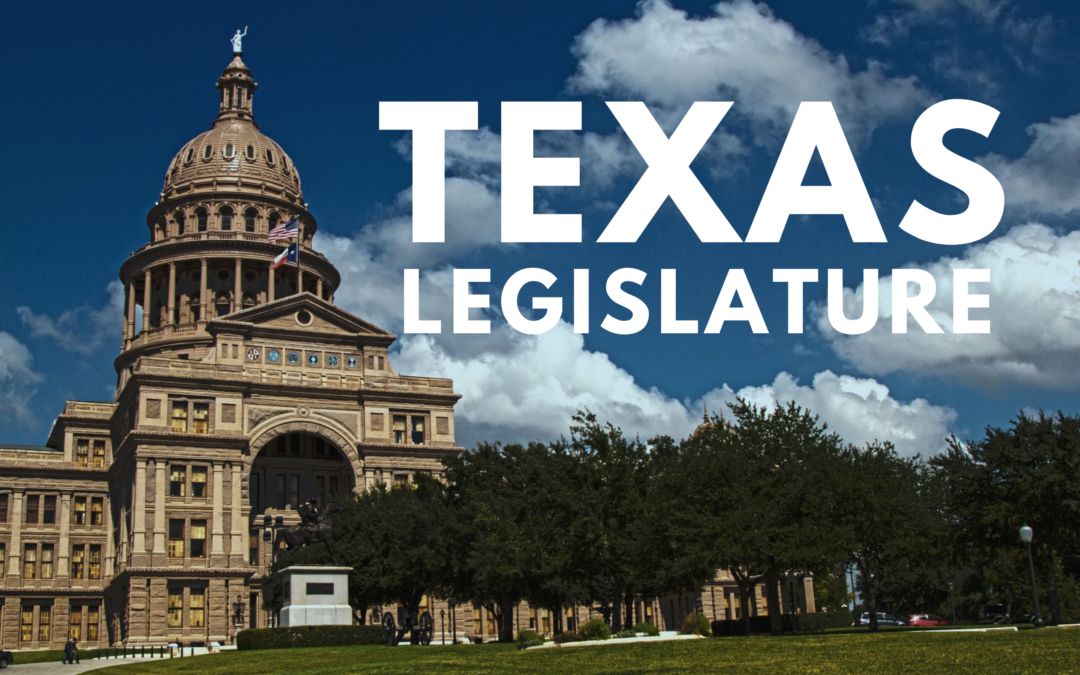The lieutenant governor, as part of his “interim charges” given to Senate committees between legislative sessions, had called upon the Business and Commerce Committee to consider nine discrete issues — including six directly relating to the Texas Energy market.
________________________________________________

The Texas Legislature should appropriate an additional $5 billion to support a generator subsidy program and consider requiring some industrial energy consumers to add on-site power systems. In addition, policymakers should consider limiting the amount of transmission costs that can be passed onto small consumers.
Those were among some of the key recommendations released by the Texas Senate’s Business and Commerce Committee in December, as part of a report to Lt. Gov. Dan Patrick in advance of the upcoming 89th Texas Legislature
The lieutenant governor, as part of his “interim charges” given to Senate committees between legislative sessions, had called upon the Business and Commerce Committee to consider nine discrete issues — including six directly relating to the Texas Energy market. The electricity issues include those relating to ERCOT market design, the operations of the Texas Energy Fund, power generation innovations, issues relating to electric transmission development, expected load growth in Texas, and the impact of Bitcoin mining on power reliability.
The 89th Texas Legislature convenes on January 14th. Some of the key energy-related recommendations in the interim report are as follows:
ELECTRIC MARKET DESIGN
- If the Public Utility Commission exercises the option to implement a proposed market redesign known as the Performance Credit Mechanism design — or a similar reliability program — it must adhere to legislative guardrails included in House Bill 1500, the PUC Sunset Bill adopted in 2023.
- The Legislature should consider providing OPUC with additional resources to enhance the agency’s data verification and analytics capabilities.
TEXAS ENERGY FUND
- The Legislature should appropriate an additional $5 billion to fully fund the TEF at its intended $10 billion level.
- The PUC’s TEF administrator and its contractor must ensure rigorous review of proposed projects and identify any criteria for disqualification without delaying the opportunity for other projects to participate in the TEF.
INNOVATIVE POWER GENERATION
- Continued stakeholder engagement is needed to address issues stalling nuclear deployment, including reducing lengthy regulatory hurdles, and bridging gaps between research and commercialization.
- Battery decommissioning standards must be adopted to address safety and logistical challenges associated with the end-of-life management of these systems.
TRANSMITTING TEXAS POWER
- Policymakers should continue assessing the development of new transmission projects to alleviate power congestion and to support load growth. A priority should be given to ensuring greater accuracy in load forecasts and commitments from large loads, such as cryptocurrency mining and data centers.
- The PUC should complete an independent analysis of the direct and indirect costs associated with transitioning to 765 kV higher voltage transmission lines.
- The PUC should be directed to consider and publicize information on the impact of new transmission costs on customer rates, including cost relating to resiliency plans and interim rate filings. This information should be provided in an accessible and easy to understand format.
- Policymakers should consider limiting the amount of transmission costs passed on to small consumers to ensure that industries with significant electricity demands bear a fair portion of their actual costs.
The PUC should establish standards for hardening poles, particularly in coastal and high-risk areas..
MANAGING TEXAS SIZED GROWTH
- The state should ensure grid regulators have visibility into large load profiles and behaviors. This can be achieved by enhancing existing registration requirements.
- Large loads should be required to offset their impact on the grid by adding on-site power systems or participating in programs to curtail electricity usage during peak demand periods.
IMPACT OF BITCOIN MINING ON THE TEXAS ELECTRIC GRID
- The Legislature should further evaluate how cryptocurrency miners are profiting from conditions in the ERCOT market.
- The Legislature should consider enhancing reporting requirements to give the state greater knowledge of the ownership of cryptocurrency facilities and to ensure these facilities do not pose grid risks.

